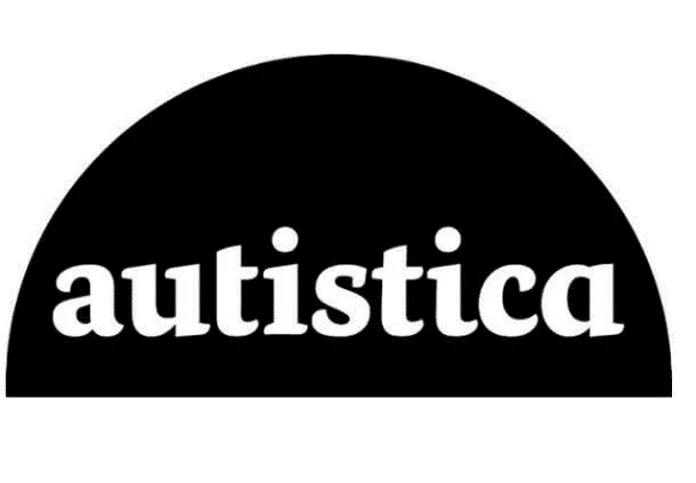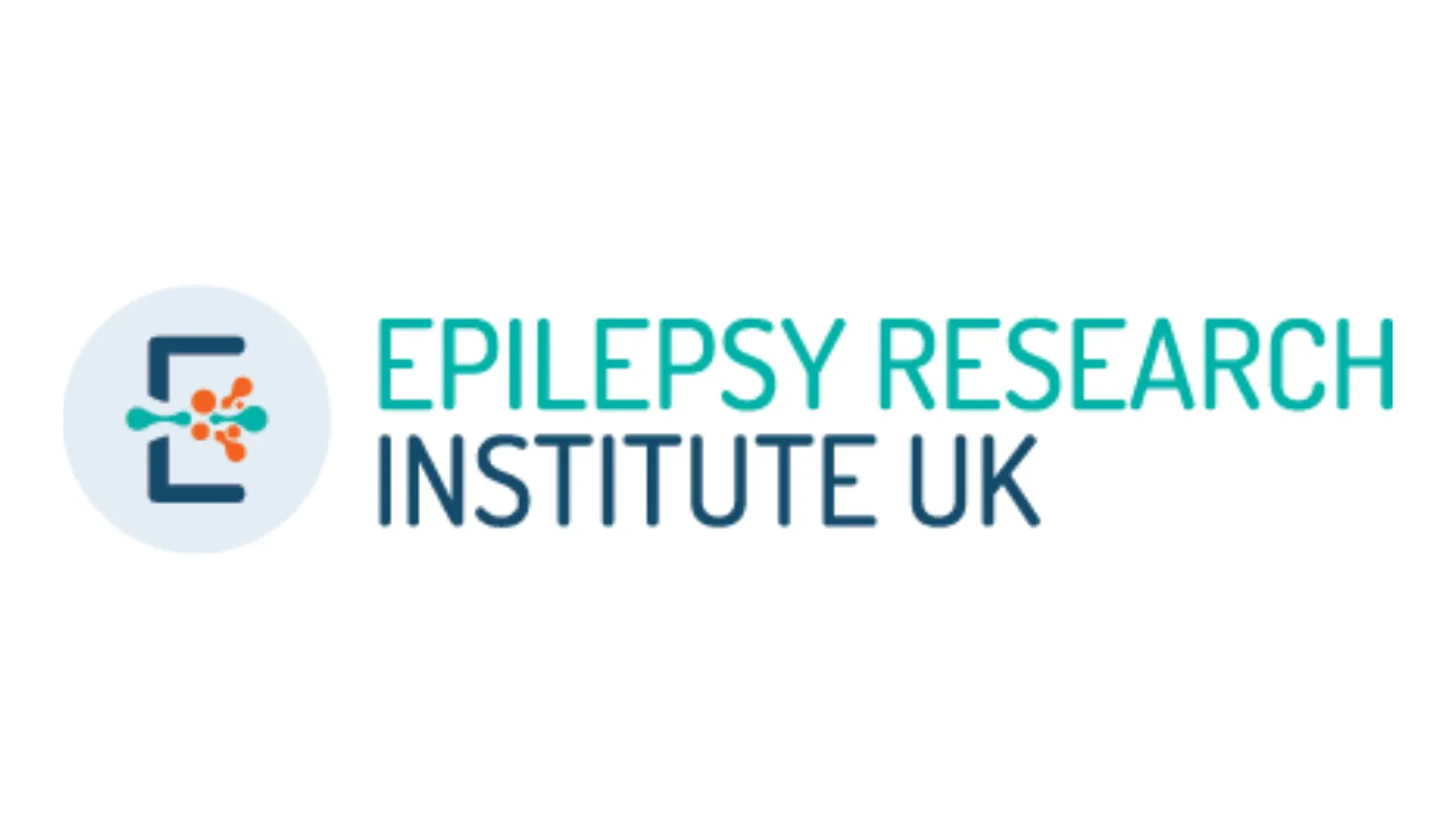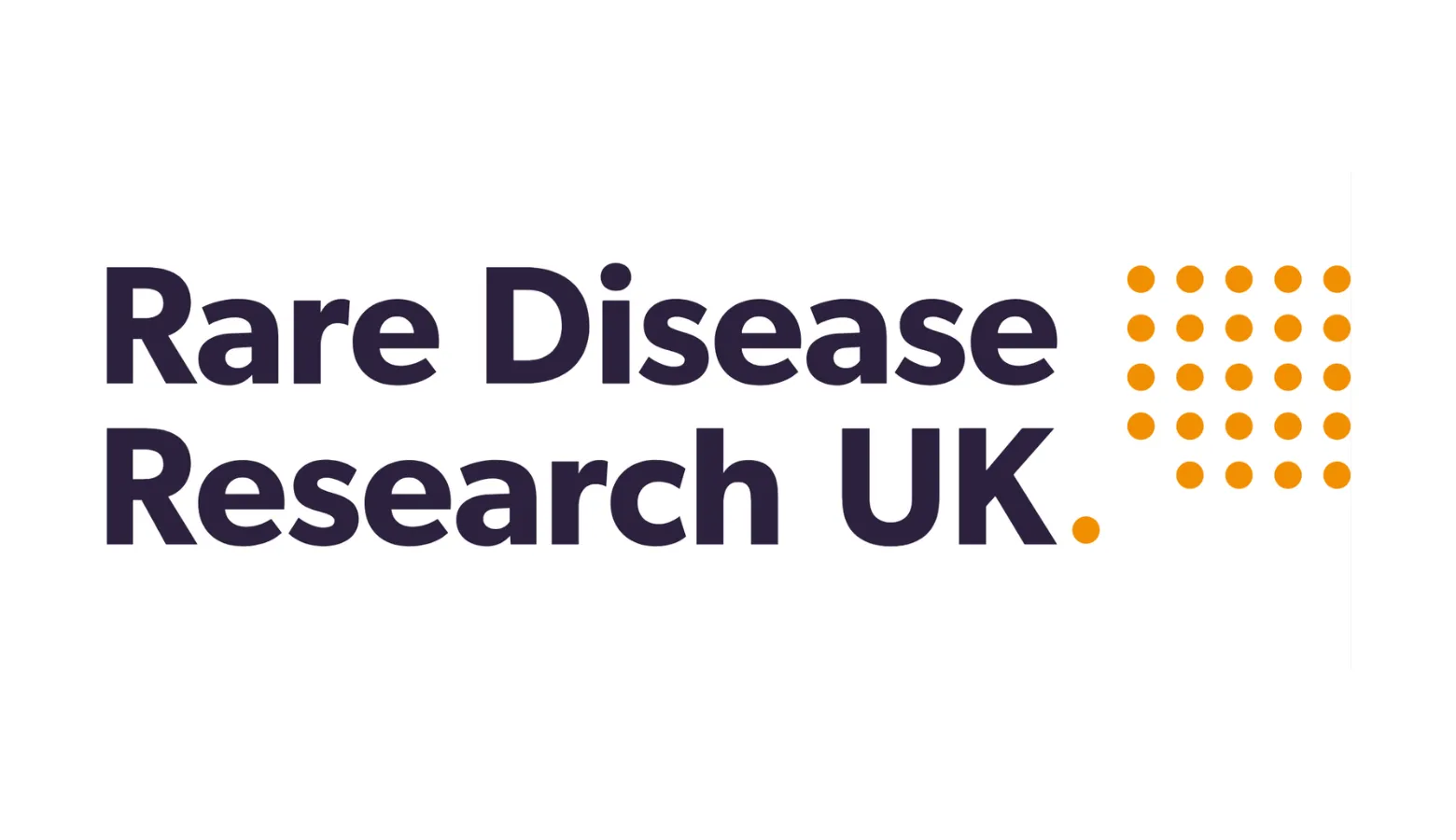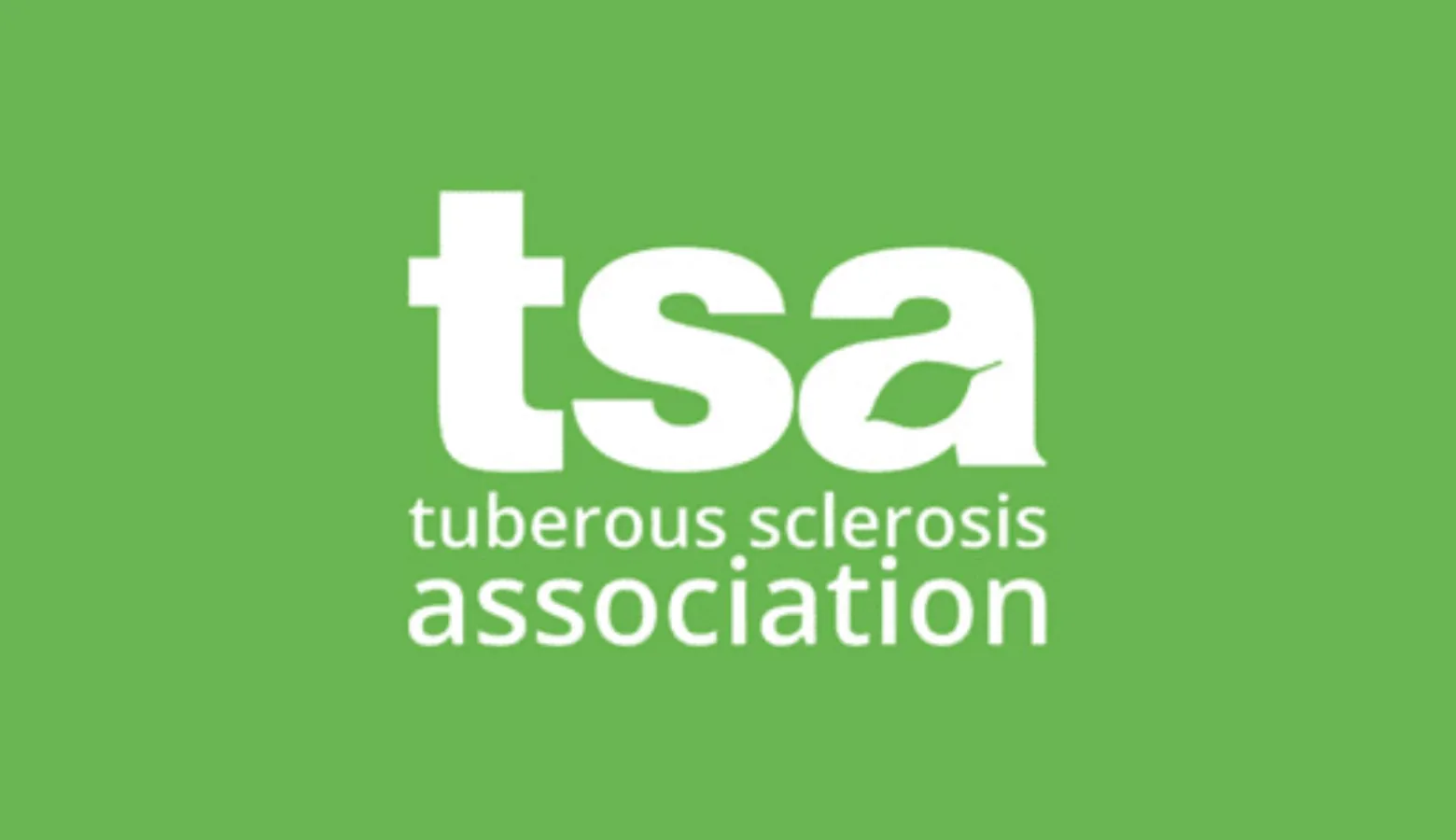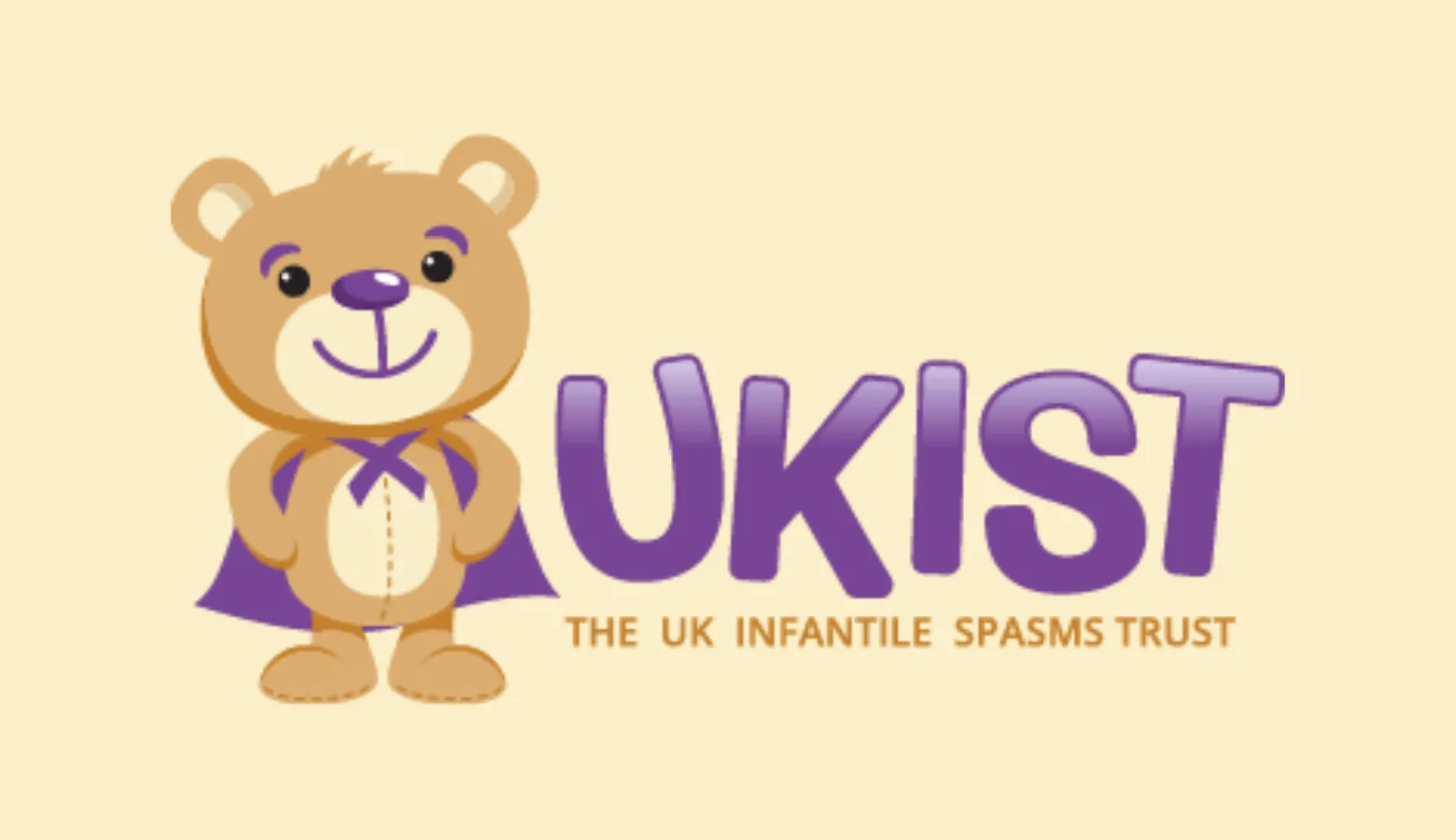The NEST Lab (Neurodevelopment, Epilepsy, Support & Trajectories) is dedicated to understanding early brain and behavioural development in children with rare neurogenetic conditions and epilepsy.
Through pioneering longitudinal research and neurocognitive methods, we aim to identify early predictors of neurodevelopmental and mental health outcomes. We are committed to inclusive, community-centred science that integrates the voices of those with lived experience at every stage—from design to dissemination.
Our lab objectives are to:
- Characterise early development
Investigate how development and behaviour unfold from infancy in rare genetic conditions, including Tuberous Sclerosis Complex (TSC) and epilepsy. - Identify predictors of outcomes
Pinpoint early neurocognitive and behavioural markers of later-emerging neurodevelopmental and mental health difficulties. - Innovate neurocognitive research methods
Apply and develop cutting-edge tools—including EEG, eye-tracking, touchscreen and smartphone assessments—to study infant through adult cognition in school, clinical and home environments. - Champion inclusive research
Create a supportive and accessible research environment that actively involves individuals and families from lived experience communities. - Lead co-design and dissemination
Integrate community perspectives through co-design, and share findings in ways that are meaningful to both academic and non-academic audiences.
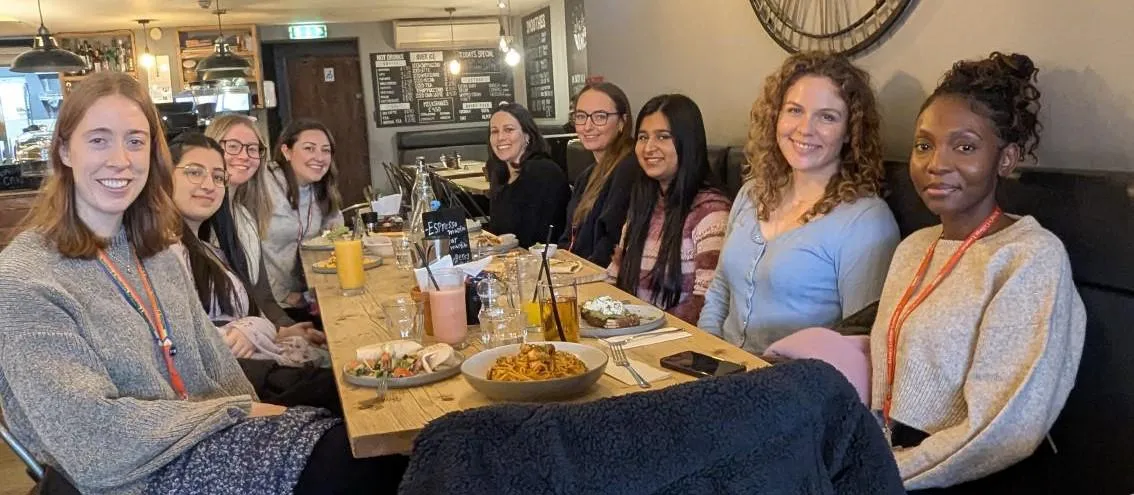
The NEST Lab team (left to right): Emma Casey, Radhika Bonk, Katie Blackford, Charlotte Tye, Cheyenne Contreras, Kate Fifield, Anishka Singhania, Jackie Nonweiler, Dolapo Adegboye.


